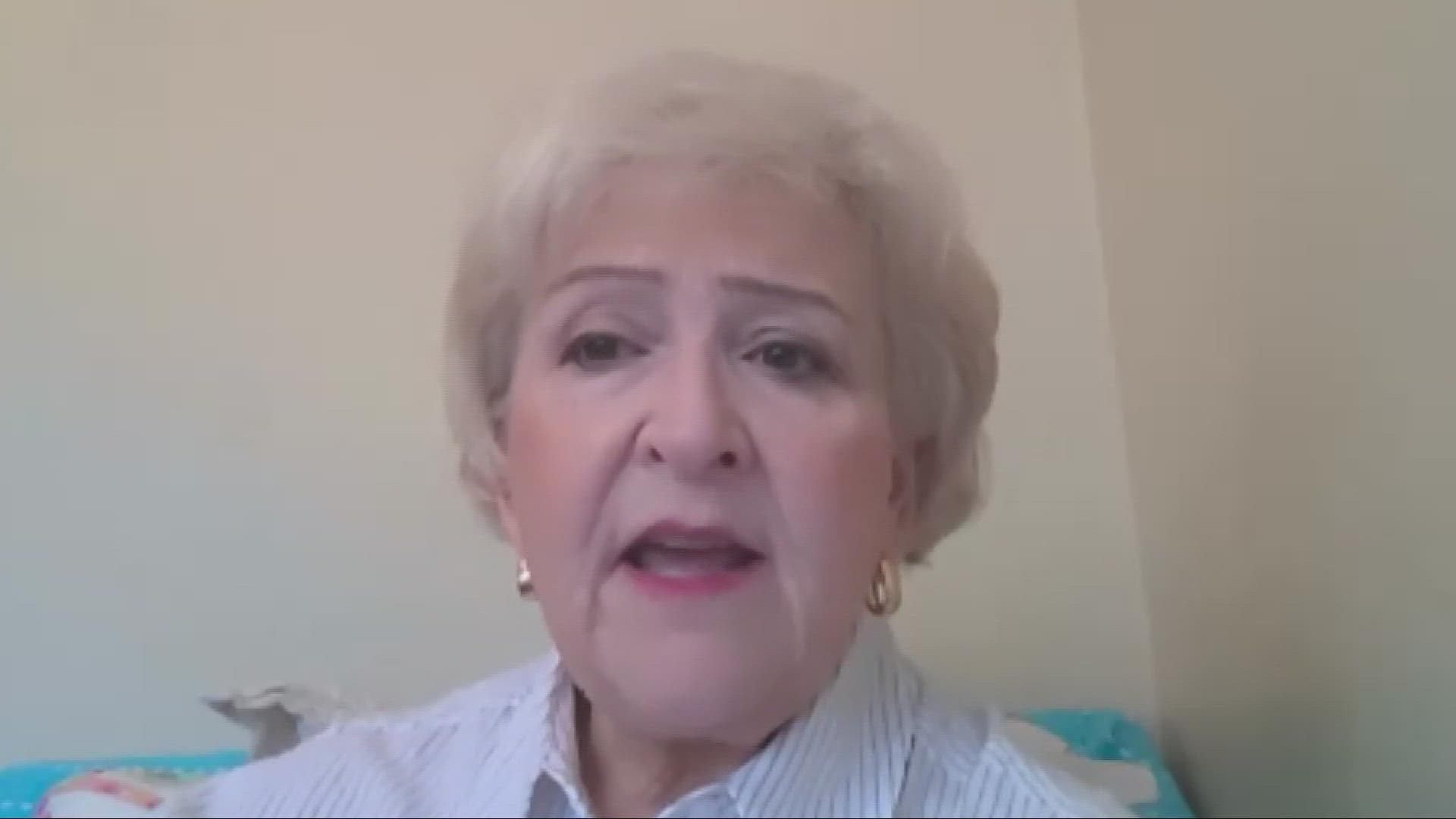SACRAMENTO, Calif. — The Uvalde, Texas mass shooting has sent shockwaves across the country.
Experts say just hearing about repetitive mass shootings is taking a toll on the mental health of children.
Dr. Angela Drake, a clinical psychologist at UC Davis says repetitive exposure to trauma isn't good for kids' health and now is the time to talk to them about what they're seeing in the news and hearing from their friends.
5 reminders when talking to kids about mass shootings:
- Speak to kids on their level. A 9-year-old will process the information differently compared to a 15-year-old.
- Make sure you are calm and collected as a parent. Take time to process this news first by talking to a friend or colleague first.
- Listen to their concerns to help process their emotions.
- Be concrete in the facts we can speak to and let them guide the conversations.
- Constantly be on the lookout for warning signs that show a decline in mental health.
"Don't worry about traumatizing them by talking about it," Drake said. "I think we do that a lot, right? As parents, where we think we'll just not talk about this and it'll be okay. But the reality is, they're going to be comforted, comforted by the fact that you're asking about how they feel."
Drake said parents need to take the initiative.
"You're talking to them about this in a really proactive way," Drake said. "They're also going to understand that when they see that news flash or that thing on social media, they're going to be able to build context into it because they said they can say to themselves, oh yeah, mom or dad talk to me about this."
According to the CDC, pediatric visits to the emergency room for mental health-related reasons skyrocketed during the pandemic.
That's why Dr. Drake says, as parents, you can not avoid talking to your children about this issue, they are looking for someone to listen.
"The anxiety that some students are gonna have, in terms of that fear of going to school, is definitely gonna be there, but as parents, as educators, we have an opportunity to reiterate how we're working together to keep them safe," Lezya Weglarz, the California Association of School Counselors Vice Chair said.
Early warning signs
- Changes to sleep patterns
- Changes in appetite
- Energy changes
- Mood changes
- Hiding secrets from parents
These can be gradual changes over time.
If you notice one or some of these changes, that is when you need to intervene as a parent and get them professional help if needed.
Dr. Drake says you can make an effort to support kids in getting them to social events and by keeping them busy this summer.
WATCH MORE: 'Negotiation' Why did Texas State Police wait an hour before engaging Uvalde shooter?

